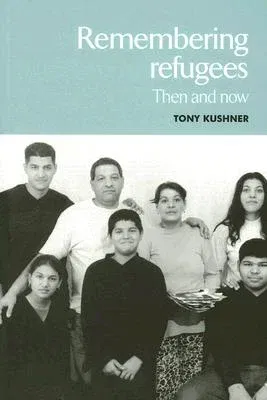Refugee crises are one of the gravest problems facing the modern world.
This book explores the paradox of why countries such as Britain pride
themselves on their past treatment of refugees yet are suspicious and
hostile towards asylum seekers trying to gain entry. It explores the
contemporary treatment and representation of refugees ranging from the
Huguenots in the sixteenth to eighteenth centuries through to the many
groups that have gained entry more recently. Was the treatment of
refugees such as Jews escaping Tsarist and later Nazi persecution as
welcoming as politicians and others now make out? Why have some groups
been remembered positively, whilst others have been forgotten?
Remembering refugees plays particular attention to how historians and
those in the heritage industry have dealt with the refugee presence. By
adopting an original and critical framework, it asks why a variety of
academic disciplines, as well as politicians, the media and the general
public, have difficulty with refugees.
A richly textured book that utilizes a huge range of sources from
parliamentary debates through to novels, films and autobiographical
writing, it argues that the current panic about refugees and asylum
seekers says more about the moral failings of contemporary society than
it does about those fleeing persecution.

